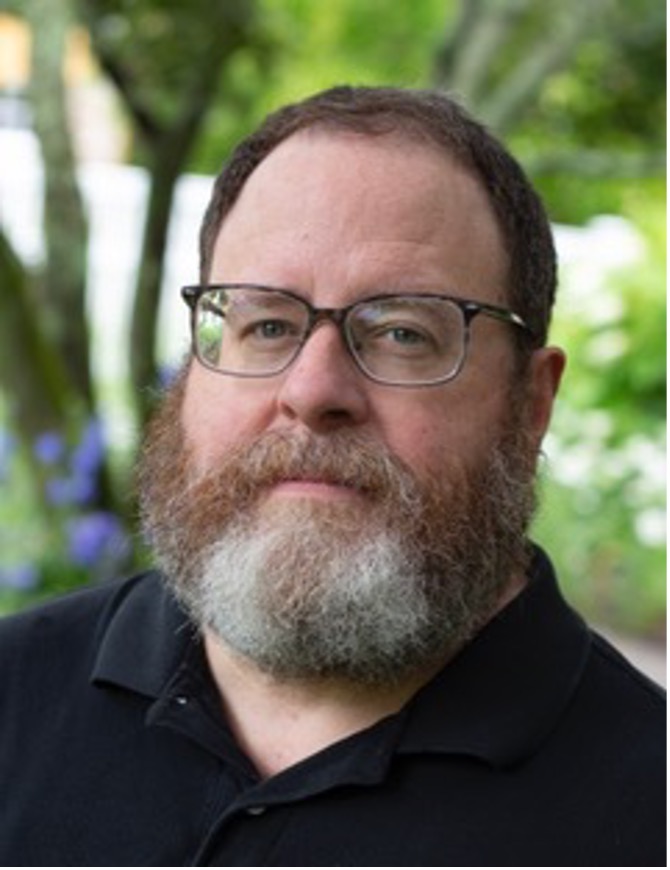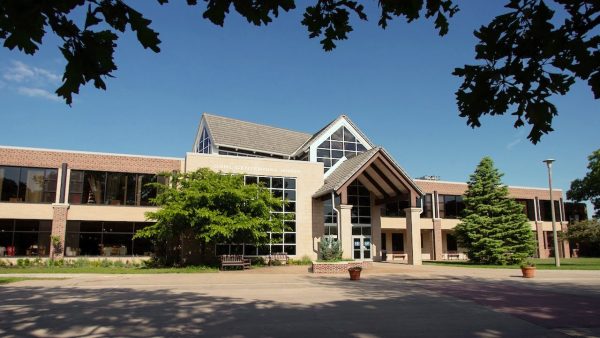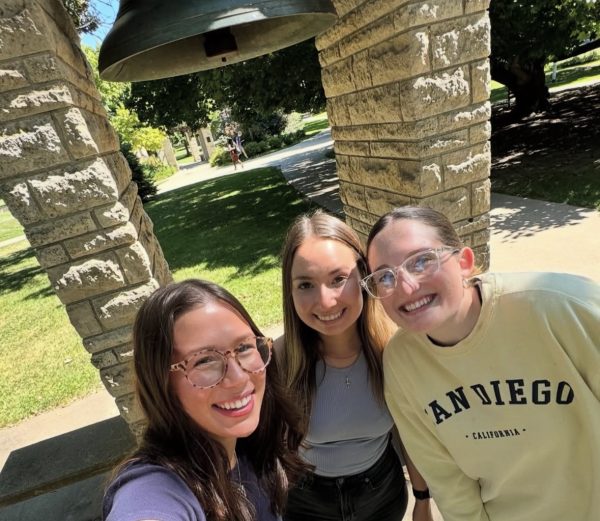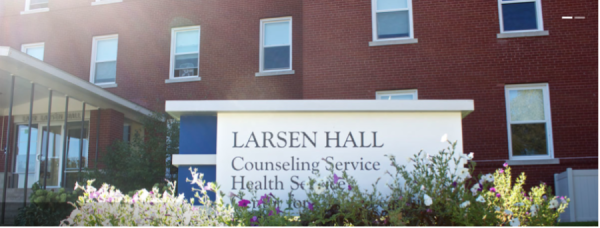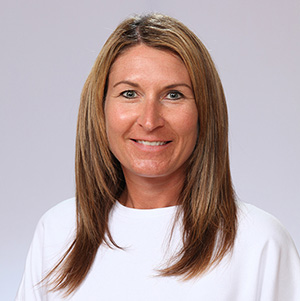Luther College Hosts Dr. Walter Robinson’ Book Reading
On Wednesday, October 5, retired Orthopedic Surgeon Specialist Walter Robinson shared stories of health, hardship, and hope from his award-winning literary nonfiction titled What Cannot Be Undone: True Stories of a Life in Medicine. The event was sponsored by the Center for Ethics and Public Engagement (CEPE) and took place in the CFL Recital Hall, where Robinson took audience questions and encouraged a discussion of illness, medicine, and care.
Robinson is a retired physician and medical ethicist who recently became an author with this debut essay collection. He read one essay, in which the first half detailed his relationship with his mother. Throughout the talk, he emphasized how people can apply the relationship between parents and children to life in medicine.
“I thought my mother was the monster until I became the monster,” Robinson said. “I later realized that my mother did everything she did to protect me. Since all I did was cause children pain [in operations], they hated me when all I was trying to do was care for them.”
The second part of the essay was about an intern’s encounter with a young patient named Micheal, who refused to allow him [the intern] to treat Michael, leading to the intern’s frustration and anger. According to Robinson, the story highlights doctors’ struggles in handling their emotions toward patients and how it is not always easy, especially when patients are not cooperative.
One of the students in attendance was Elizabeth Burras (‘26). As a pre-med student interested in pediatric trauma, Burras attended the event because she thought it would be inspiring to hear from someone with similar interests.
“I like that Dr. Robinson gives physicians and other medical personnel a voice in his essays,” Burras said. “We normally forget that they are humans with fears and doubts, and he [Robinson] has helped us remember that. His book and this event are examples of bridging the gap between doctors and patients.”
When asked by an audience member how he managed to cope with constantly giving people bad news, Robinson said it took time for him to be able to do so. He explained that, as a physician, you have to learn how to cope as you go along.
“There are some pieces of bad news that are worse than others,” Robinson said. “With practice, you learn how to deliver it. Do not expect the same reaction from everyone or expect people to accept the bad news you give them. It is their choice to accept it or not.”
To conclude the talk, Robinson commented on the connection between health and hope as ways to combat hardships.
“Health and hope are subjective concepts that mean different things to different people,” Robinson said. “Instead of focusing on the connection between the two, we should focus on what health means to different people and expand on what the word hope means.”
Robinson is now a retired physician and a founding editor of two online literary journals EastOver Press and Cutleaf. He has written several other essays about overlooked topics in life and medicine. Some of his work can be found on his website at https://wmrobinson.com/new-page. His writings have appeared in The Literary Review and the Harvard Review.

